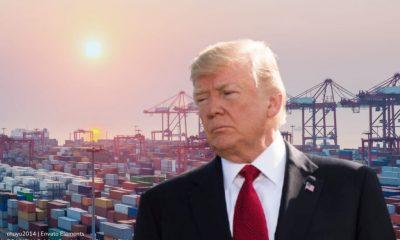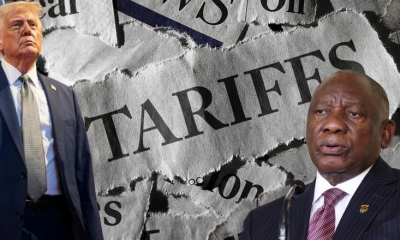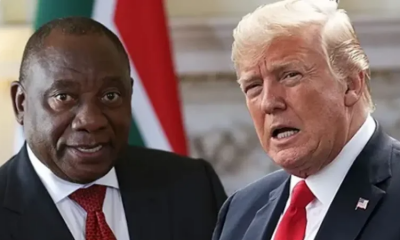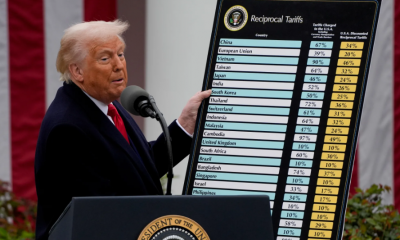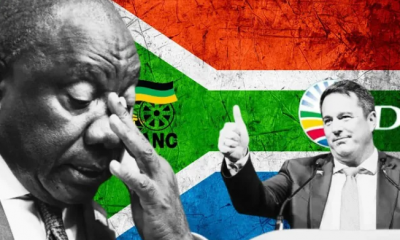411
South Africa Plans Another State-Owned Company to Manage Public Real Estate

South Africa is set to establish a new state-owned company to manage its vast real estate portfolio, a move Public Works Minister Dean Macpherson believes will unlock private investment and address neglected infrastructure.
The South African government is the largest property owner in the country, holding 88,000 buildings and 5 million hectares of land valued at around R155 billion. However, years of mismanagement, corruption, and neglect have left many buildings in disrepair, some even occupied by squatters controlled by criminal gangs.
A New Approach to Public Property Management
Macpherson’s plan aims to consolidate government-owned properties into a formalized asset book, which could be traded, used for equity, or leveraged for infrastructure development funding. The government is also blacklisting companies that fail to honor commitments in public projects.
The Department of Public Works and Infrastructure is consulting development finance institutions to ensure the new entity is governed effectively and generates revenue instead of adding to the state’s financial burden.
“We need to stop seeing public works as a department of bad buildings and instead as an economic delivery unit,” said Macpherson.
Private Sector Participation in Public Projects
The government has already invited private companies to help revive neglected properties. Initially, 16 buildings in eThekwini (Durban) were earmarked for investment, but the program has now expanded to 31 sites across the country.
Over 650 companies have shown interest in rehabilitating these buildings, estimated to be worth R1.4 billion. The government expects private investment of around R10 billion, with projected annual revenue from rentals or profit-sharing agreements reaching at least R200 million.
Can This New SOE Succeed?
While the plan aims to generate value from public assets, critics point out that South Africa already has over 120 state-owned enterprises (SOEs), most of which are struggling financially. Many SOEs have been plagued by corruption, inefficiency, and mismanagement.
The success of this initiative will depend on:
Governance structures to prevent corruption and waste.
Efficient execution of infrastructure projects.
Private sector participation to share costs and risks.
Fixing Infrastructure at the Local Level
Macpherson also acknowledged that a major infrastructure crisis exists at the municipal level. Many local governments lack the expertise to manage development funds, with some returning unspent infrastructure budgets to the Treasury.
To tackle this, the department is piloting an “adopt-a-municipality” program, where government officials will directly oversee infrastructure projects in four municipalities run by different political parties.
What’s Next?
Macpherson, a member of the Democratic Alliance (DA), was appointed in June 2024 when the Government of National Unity (GNU) took office. With the next general elections in 2029, he envisions a revamped department that operates more like a business than a bureaucratic entity.
Whether this new state-owned company can break the cycle of inefficiency and actually unlock economic growth remains to be seen.
{Source BusinessTech}
Follow Joburg ETC on Facebook, Twitter , TikTok and Instagram
For more News in Johannesburg, visit joburgetc.com



